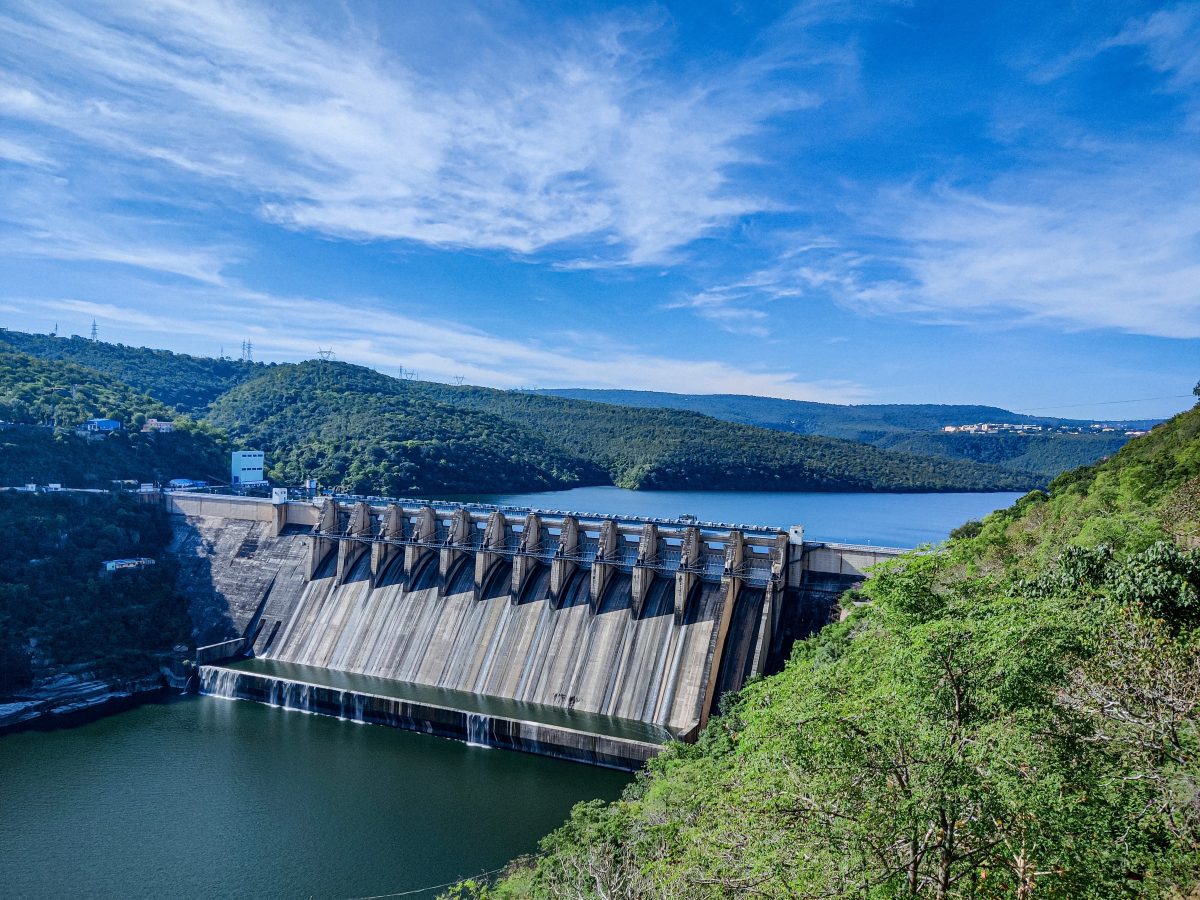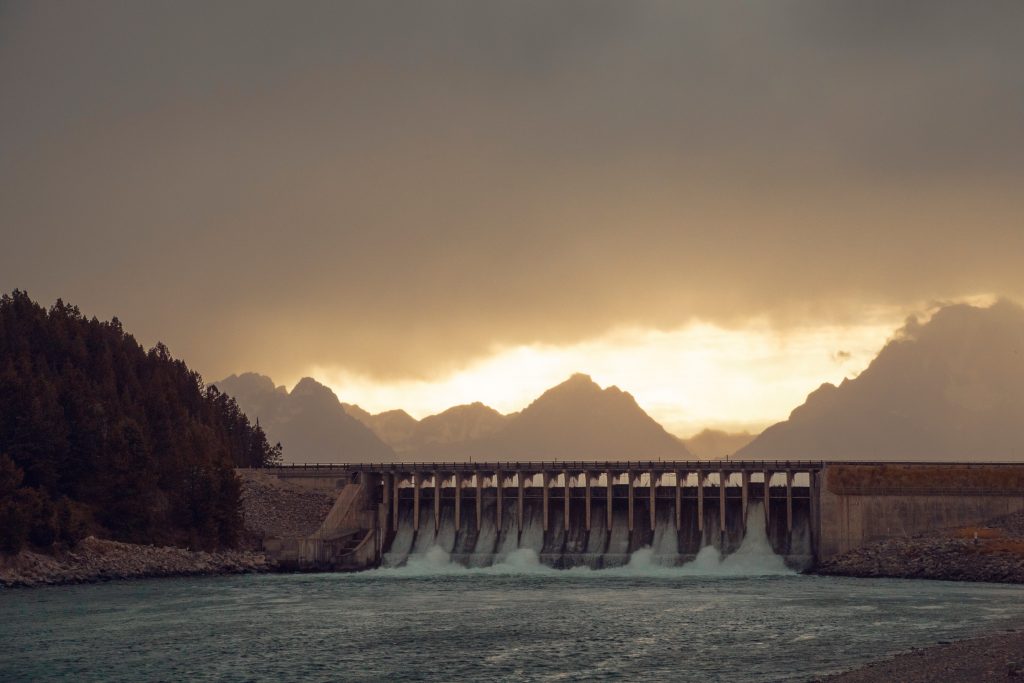
This article first appeared in Engineering News
The Development Bank of Southern Africa (DBSA) is working to develop and implement a National Water Programme that will include a water partnership office that could replicate some of the successes seen in the energy sector.
The DBSA, working as fund manager and secretariat to the Infrastructure Investment Programme, seeks to attract public and private sector investment while providing tangible solutions for different stakeholders, such as municipalities and other roleplayers in the water sector, said DBSA water sector innovation specialist Johann Lübbe.
Speaking during a webinar hosted by the DBSA, National Treasury and the European Union to unpack potential successful solutions to South Africa’s water infrastructure challenges, he said that DBSA, along with various partners, was establishing the programme approach to tackle the various systemic issues that are hindering progress within the water sector.
Reviewing the success of other sectors, specifically South Africa’s successful renewable energy programme, within the energy sector, the DBSA narrowed in on two key success factors.

In the Renewable Energy Independent Power Producer Procurement Programme, an Independent Power Producer Office was created, which became the “one-stop shop” for everything renewable energy project related, emerging as a “centre of excellence”, he said.
DBSA, together with government and the Department of Water and Sanitation (DWS), is now developing the National Water Programme, which will be owned by the DWS, to bring in some of those elements.
Discussions are underway for the establishment of the water sectors’ own centre of excellence or one-stop stop in the form of the Water Partnerships Office, to deliver capacity and provide support, including in preparation, feasibility, financing, bankability and implementation, to project owners, such as water boards, municipalities and government, to take projects forward. It aims to create an enabling environment to support projects through standardised approaches.
Further, the National Water Programme will specifically address water reuse and non-revenue water supply, off-grid sanitation and rural water supply through sub-programmes, and is part of the water capital expenditure programme for South Africa, with capital deployed using programmatic and blended finance strategies.
“The water sector is probably the most difficult sector to finance. It is much more difficult than, for example, energy, where there are clear revenue streams,” Lübbe commented.
An element currently being worked on, he said, is to develop innovative and alternative funding solutions amid the various systemic, bankability and project pipeline challenges that need to be dealt with to access sufficient funding for water supply and sanitation infrastructure projects.
Currently, there are two major options when it comes to financing water infrastructure: municipal balance sheets for municipalities to raise funding on the balance sheet to invest in infrastructure, and public-private partnerships (PPPs). PPPs are not suitable for all projects and the balance sheets of municipalities do not allow them to raise sufficient funding to meet all the needs.
“The DBSA is reviewing blended finance, bringing in the private sector more, reducing the reliance on government funding and to see how we can then put those specific funding options available, together, to become part of a suite of options that can be used to finance specific projects.”
The National Water Programme aims to facilitate private sector participation, not only from a funding perspective, but also from an operational, maintenance and implementation perspective.
The umbrella National Water Programme’s sub-programmes, including the water reuse sub-programme, will see partners working to scale and escalate water reuse projects across the country, while the non-revenue water sub-programme will focus on the significant physical and revenue losses currently experienced.
Another sub-programme will address some of the wastewater treatment challenges that municipalities are facing, with the potential development of a new private sector participation model that is specifically geared to support municipalities, especially under-resourced municipalities, to mitigate non-performance around wastewater treatment.
Lübbe said that another sub-programme being considered is off-grid sanitation through a community and rural water supply initiative, that could potentially encompass other programmes, such as ecological infrastructure, desalination and agricultural water use.
While South Africa has had several successful water resource projects since the dawn of democracy, which has resulted in increased access to water and sanitation from 50% to 90% of the population, what remains concerning is water losses and the quality of water, said DWS acting deputy director-general Leonardo Manus.

